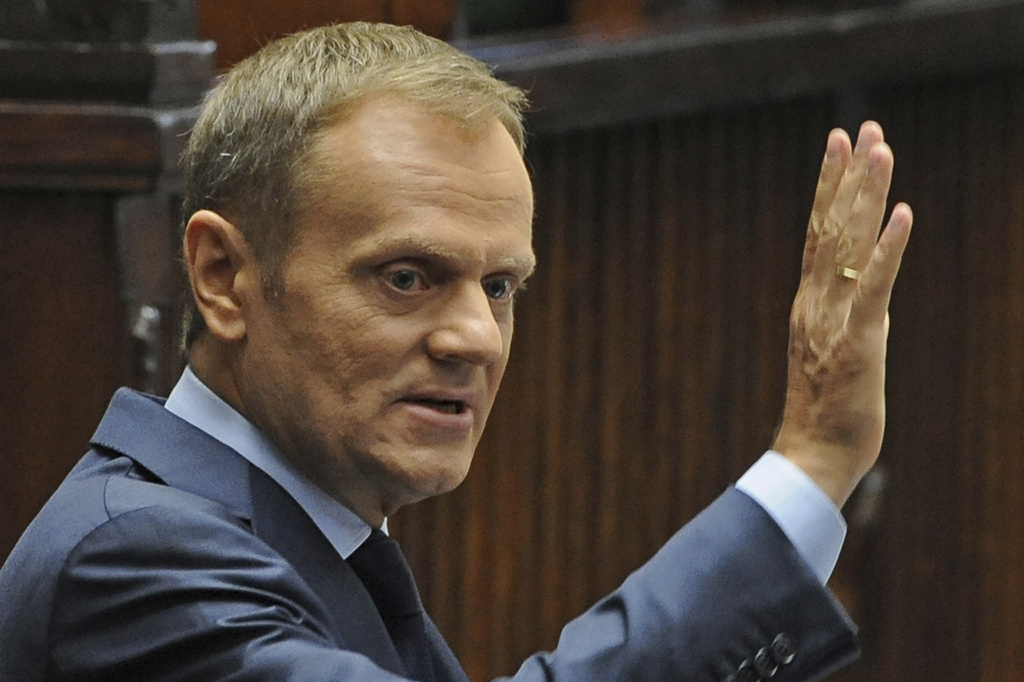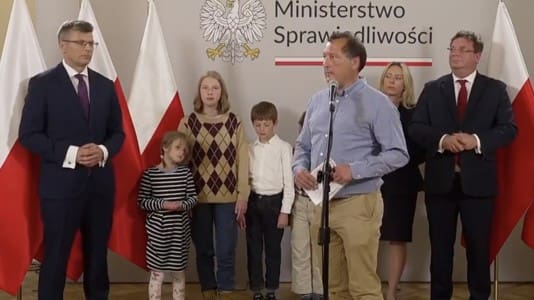Donald Tusk, the former prime minister of Poland and the leader of the left-liberal opposition, made a promise during an election rally in Sopot, stating that “the day after the elections he will go and unblock money from the National Recovery Plan.”
The declaration in Sopot was presumably meant to be Tusk’s ace in the hole, but it turned out to be nothing more than a marked card. Tusk wanted to showcase his executive power, but in reality, he admitted that he and his party are working against the interests of the Polish society just to strike out at the ruling conservative Law and Justice (PiS) party.
In this way, Tusk is blackmailing Poles, presenting them with a choice: Either vote for us or don’t count on EU funds.
Tusk pretends not to know why there is a lack of EU funds, even though the European Commission initially accepted the Polish National Recovery Plan in early June of last year, which was a step toward disbursing €23.9 billion in grants and €11.5 billion in loans from the Recovery Fund.
Tensions between the European Commission and the Polish government have been ongoing for some time. During this period, declarations were made by EU officials that Poland was close to receiving the promised funds, but later reservations emerged again and time passed.
The shock experienced in Brussels and Berlin with the governance of Jarosław Kaczyński’s party has not yet subsided. Consecutive wins by PiS only solidified the hatred toward this party, hence all the accusations against it: breaking up the EU, being Putin’s “fifth column,” authoritarian rule, anti-Semitism, racism, homophobia and so on. In a nutshell, Poland has become a threat to these centers.
Furthermore, Poland has begun to cooperate more closely with the U.S. and lead the Central and Eastern European region. This closeness remained even after the era of Donald Trump when Democrat Joe Biden came to power, proving once again that PiS is a pragmatic party open to cooperation even with those partners with whom it partially disagrees.
A completely different approach is seen in Berlin, Paris and Brussels — centers that from the beginning sought to remove PiS from power and perpetuated negative stereotypes about Poland internationally. Sadly, by adopting a “the worse, the better” strategy, Poland’s “total opposition” fit into this rhetoric, also providing “arguments” and “evidence” against their hated enemy.
Tusk continues this policy today. Now, he is faced with the problems his party has failed to honestly answer — the main questions that concern Poles. Four of those questions will be put to a referendum during the national election in October. In response, he indulges in hate and, as happened in Sopot, in attempts at bribery and blackmail.






